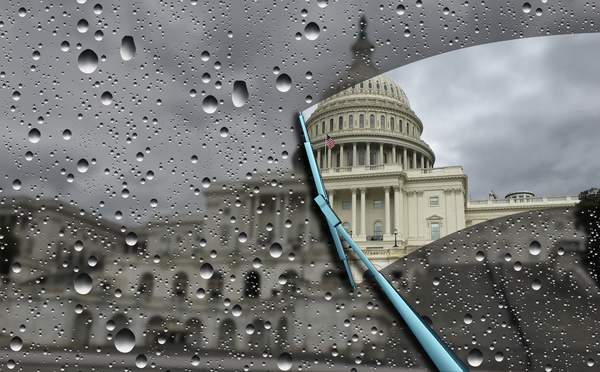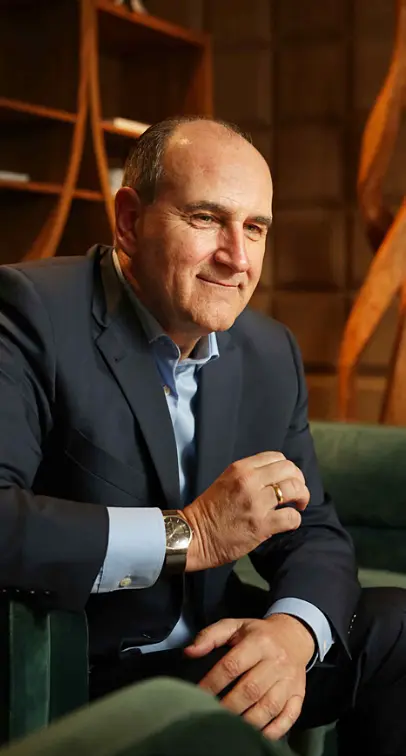THE WORLD’S #1 EXECUTIVE COACHING AND BUSINESS COACHING BLOG SINCE 2017.
How Leaders Stay Tough in Troubling Times
July 3, 2023 | Category: Blog, Intelligent Leadership
Times of crisis require strong leadership, but not all leaders can be tough during such times. To retain their toughness, leaders must suppress their egos, be willing to leave their comfort zones, and open up to change. From a business coaching perspective, strong leadership enables organizations to find opportunities amid strife.
“You never know how strong you are until being strong is your only choice.”- Bob Marley
The global pandemic has strained some businesses past the breaking point. It subjected leaders to unprecedented pressure and pushed some into survival mode. Headwinds of accelerating disruption and an ever-faster-changing business landscape challenge leaders, but difficult situations bring out the best in some leaders.
When the going gets tough, the tough get going – they say. But how can leaders stay tough when all circumstances seem to turn against them?
Even the hardest times carry opportunities.
Leadership coaching understands that troubling times always carry opportunities.
“There is value to adversity. We learn more from tough times than from easy ones.” – Vincent O’Neill
Leadership coaching can help leaders develop mindsets that allow them to remain flexible, tough, and effective during troubling times. Spotting opportunity amid adversity is a leadership ability that can help leaders prevail in the face of disruption.
Suppressing the Ego
Intelligent leadership is about serving others. Effective leaders empower and motivate their employees while holding them accountable. Executive coaching preaches the power of servant leadership. Yet sometimes ego sneaks into the leadership equation unnoticed, uninvited, and detrimental.
Inflated leadership egos can wreak havoc on decision-making, clouding vision and predisposing leaders to confirmation bias.
Leaders who fall victim to confirmation bias look for proof that supports their leadership greatness and abilities. Robbed of their objectivity, they get stuck in a bubble that blinds them to sides of the problem that contradict their bias. Learning from mistakes is an impossibility under such circumstances.
Inflated egos rob leaders of the flexibility and agility they need to handle disruption optimally.
Overcoming the Lure of the Comfort Zone
The comfort zone is a real and critical danger for leaders. And the confirmation bias that an oversized ego can create may facilitate a tendency to get stuck in it.
A comfort zone is a place of safety, certainty, and predictability. We all love it. Nature has programmed us to appreciate the facilities of the comfort zone and value them, often above everything else.
Executive coaching understands that leaders who want to retain their toughness in troubling times must force themselves to leave their comfort zones. It takes courage to leave certainty and safety behind, but it also takes humility and a clear head.
Whatever lies outside our comfort zones entails danger, uncertainty, and risk. When we venture into this area, we become vulnerable. But leadership vulnerability is far from being a bad thing. It is an opportunity for intelligent leaders to lead by example and inspire others.
Opening Up to Change
Change comes uninvited, and it is inevitable. It is up to us to plan for it. In the corporate context, it falls to leaders to prepare for it. From a business coaching perspective, some change is predictable. The most disruptive change can, however, sneak up on the best-prepared leader.
An open mind and a willingness to embrace change and see it as the herald of opportunity is a leader’s best weapon against disruption. Such mindsets allow leaders to be flexible and find creative solutions to seemingly insurmountable challenges.
Retaining Transparency
People always appreciate clarity amid strife.
Times of crisis may tempt leaders to give up some transparency and focus on “getting things done.” More specifically, some leaders may shy away from clearly communicating unpopular strategies and plans.
Honesty and transparency are not luxuries to sideline or sacrifice on the altar of practicality.
“Honesty doesn’t always pay, but dishonesty always costs.” – Michael Josephson.
Transparency and honesty always translate to trust and caring. Transparency allows people to know what’s on their leader’s mind. And caring lets them know what’s in the leader’s heart.
When times are hard, courage can make leaders seem vulnerable, and objectivity becomes a precious commodity. Leaders who can retain their humanity and humility during disruption will not find it difficult to stay tough in troubling times.





